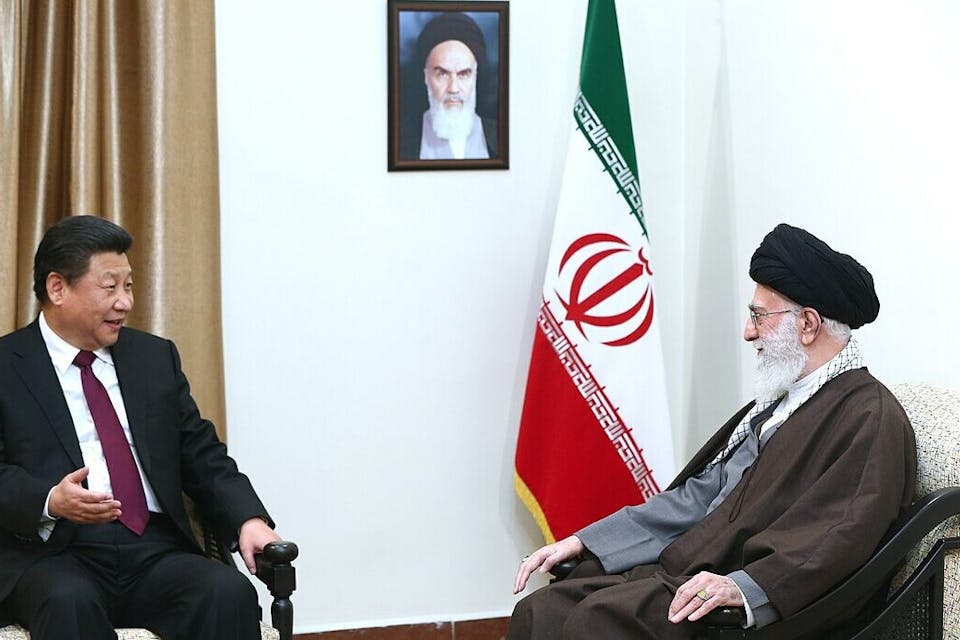
June 23, 2025
How the U.S. Attack on Iran Hurts Russia and China
Operation Midnight Hammer deals a blow to the anti-Western alliance.
Israel’s Operation Rising Lion unleashed a ferocious assault, swiftly dismantling Iran’s warfighting infrastructure. Precision strikes eliminated senior commanders of the Islamic Revolutionary Guard Corps (IRGC), destroyed missile- and drone-production hubs, and severed Tehran’s command networks. Within days, President Donald Trump seized the moment and launched Operation Midnight Hammer, ordering U.S. strikes on Iran’s nuclear strongholds at Fordow, Natanz, and Isfahan. These sites formed the backbone of Tehran’s nuclear ambitions, and they were hit with surgical precision at a moment of maximum vulnerability.
The campaign has advanced with speed and strategic focus, building on Israel’s sustained effort to dismantle Iran’s regional influence, from crippling Hizballah in Lebanon, to eliminating the Hamas politburo chief Ismail Haniyeh in Tehran, and targeting Houthi positions in Yemen. But the war is about more than battlefield gains. Washington and Jerusalem have undermined Iran’s place in the Middle East, and by doing so have destabilized the anti-American axis—led by China and Russia—of which it is a part.
Since 1979, the Islamic Republic of Iran has cast itself as the vanguard of global resistance to Western dominance. Its revolutionary ideology fuses Shiite political theology with a militant, anti-Western breed of anti-imperialism, portraying the United States and Israel not simply as geopolitical adversaries, but as existential enemies of a divinely ordained order. The Islamic Republic’s founder, Ayatollah Ruhollah Khomeini, encapsulated this worldview by framing of America as the “Great Satan” and Israel as the “Little Satan,” and making “Death to America” his regime’s enduring slogan.